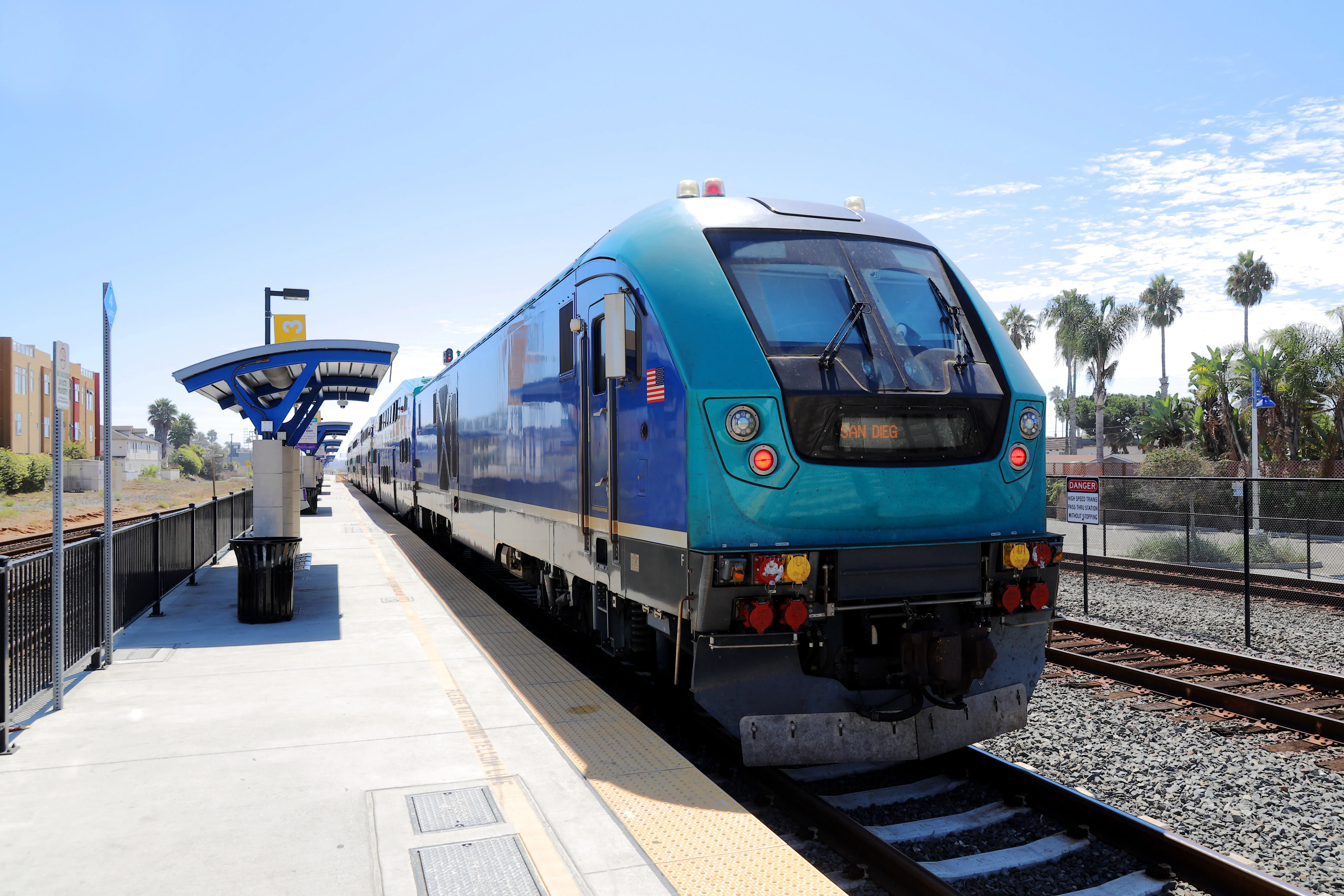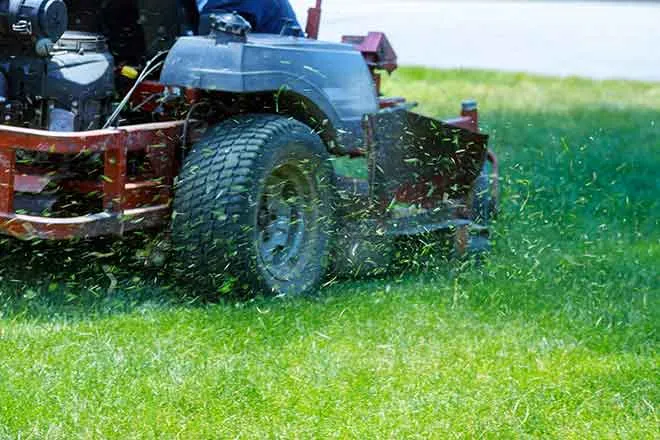
The Yonder Report: News from rural America - August 8, 2024
News from rural America.
Tennesseans who struggle to afford fresh veggies can now access community gardens, the USDA brings hope to farmers in Virginia, Idaho uses education technology to boost its healthcare workforce and a former segregated school in Texas gets a new chapter.
TRANSCRIPT
(upbeat music)
For the Daily Yonder and Public News Service, this is the news from rural America.
In some rural areas, it's actually tough to find healthy, fresh, and affordable produce.
But in Tennessee, two health systems are going back to the future by organizing community gardens.
Aura Sharon with East Tennessee State's Johnson City Community Health Center says their garden serves folks who can't afford fresh vegetables.
It helps them to cut some of that cost back and to take some produce home and share with their family.
Nicole Vanover provides lab services at the university's clinic.
She says community partners have been enthusiastic, like the folks at two local tractor supply stores.
And they each donated about $150 to $200 worth of product.
That was soil, fertilizer, tomato cages, things like that.
Idaho is the state with a few with stockers per capita, but education technology could boost the up-and-coming healthcare workforce.
Theresa Conner, former dean of Idaho State University's College of Health, says broadband telecommunications can help far-flung places grow their own healthcare providers.
Recruiting our own and training people in their communities where they've grown up to have ties and technology's really helping us address that equation of how to get providers into rural communities.
The federal government has invested billions to spur rural America's growth.
The Department of Agriculture hosted a symposium in Western Virginia to highlight it.
And farmer Anthony Flaccavento with the Rural Urban Bridge Initiative was there and says it's important that people in cities know what it's like for rural folks.
The first big goal is to say to the broader media in the country, "Hey, we're not dead yet."
In fact, we're fighting back and having really effective, impactful work.
The population of rural counties has grown since the pandemic after a decade-long pattern of decline.
For more than 50 years in the West Texas town of Marfa, the home of education for Hispanic students was a segregated Blackwell School.
Built in 1909 and used by Mexican and Mexican-American children until 1965, the site has now been named a historic site by the National Park System.
Daniel Hernandez with the Blackwell School Alliance says his grandparents went there.
He helped rally the public to stop the school district from demolishing it.
Such a thrilling moment for the Alliance and for the Marfa community, a moment that is really, really validating.
With permanent protection, he says the story of segregated Mexican-American elementary schools can be told through photographs, memorabilia, and the stories of students and teachers.
They finally have this place that now stands as a manifestation of grassroots work where history is going to be examined and interpreted.
For the Daily Yonder and Public News Service, I'm Roz Brown.
For more rural stories, visit dailyyonder.com you
















